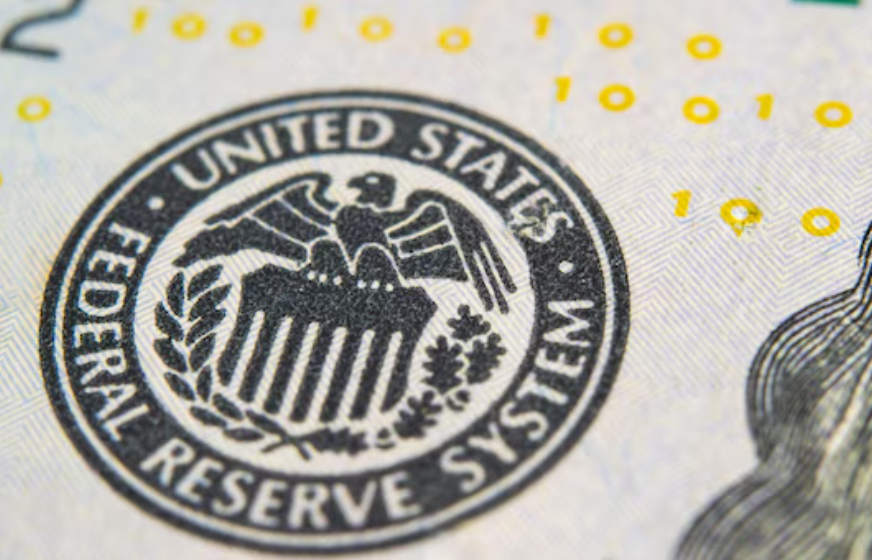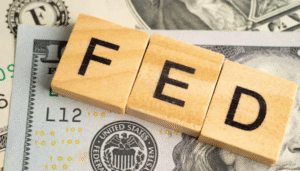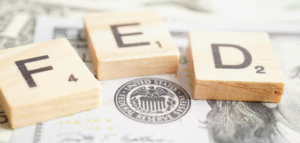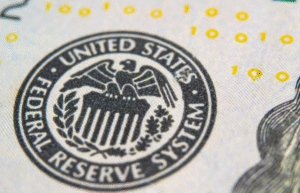$GC $DXY $BTC
#ConsumerSentiment #Inflation #Gold #Crypto #InterestRates #EconomicData #USEconomy #MarketAnalysis #InflationExpectations #FederalReserve #Investing #GoldPrices
The latest University of Michigan preliminary consumer sentiment index for January reported a reading of 73.2, reflecting a slight pullback from previous levels that marked the highest sentiment in over six months. This moderation in consumer sentiment comes even as inflationary pressures appear to intensify. Both short-term and long-term inflation expectations saw notable increases, raising fresh concerns about the sustained path of inflation. Markets responded swiftly to the data, with the gold market moving closer to session highs as investors sought refuge amid growing uncertainty around future purchasing power.
The sharp uptick in inflation expectations has heightened speculation regarding the Federal Reserve’s interest rate policy in the months ahead. Rising inflation pressures, as evidenced by this data, could strengthen the Fed’s resolve to keep interest rates elevated for an extended period. Short-term inflation expectations surged to 4%, up from 3.9% last month, while long-term expectations rose markedly to 3% from 2.9%, signaling potential challenges in maintaining the central bank’s 2% target. As higher inflation erodes consumer purchasing power, it also points to potential headwinds for economic growth, making this data a focal point for analysts trying to assess the Fed’s next moves. Bond yields initially edged higher on the news but later pared gains as gold attracted safe-haven buying.
Gold prices rose further following the release of the data, pushing toward session highs as it becomes more appealing amid concerns over inflation and economic uncertainty. Shortly after the report, February Comex gold futures were trading at $1,923 an ounce, up 0.6% on the day. The U.S. dollar index ($DXY), which often moves inversely to gold, showed minor weakness, reflecting shifting sentiment as traders recalibrated expectations for interest rates. Meanwhile, cryptocurrencies like Bitcoin ($BTC) also saw a modest uptick, suggesting that some investors may be diversifying into digital assets as an inflation hedge.
This downturn in consumer sentiment and the spike in inflation expectations will be closely scrutinized by policymakers and market participants alike. For the Federal Reserve, whose efforts to curb inflation have dominated global market trends, this data signals that the fight may still be far from over. While current sentiment levels remain relatively stable compared to historical lows, the rise in inflation expectations threatens to derail the progress made in stabilizing the economy. Investors will be paying close attention to upcoming economic data, particularly regarding labor markets and core inflation, to gauge how far-reaching this latest sentiment shift might become.










Comments are closed.